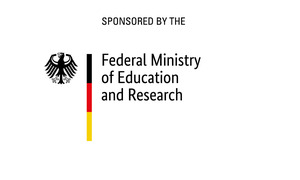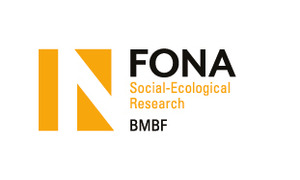Dr. Dominika Wruk opened the colloquium with a brief introduction of the group’s background and goals, which was followed by four presentations and discussions of current findings from the project.
First, Jonas Pentzien presented his research on the international platform cooperativism movement and the strategies that this movement employs in order to strengthen democratically owned alternatives in the platform economy. As part of his research, Jonas Pentzien has so far been able to conduct 21 interviews with members of the movement in the USA, Germany and France. Based on first findings derived from this research, he pointed out that although platform cooperatives across the three countries all explicitly identify as members of the same movement, they nevertheless differ quite strongly in relation to how they envision this movement to grow and develop. While some platform founders emphasize the need for building a platform co-op ‘unicorn’, others claim that the movement could only function by incentivizing local platforms to connect to one another.
In the second slot, Tino Schöllhorn showed results from his work on the theorization and legitimization of the Blockchain technology. Using data from the German Wikipedia, he reconstructs the dynamic semantic network of legitimizing and delegitimizing concepts evolving around Blockchain. One observation is that the concept Bitcoin, which is surrounded by stigmatizing concepts, is generalized into Blockchain, which is free of stigma and becomes embedded in various knowledge domains. Such a detachment from stigmatized concepts may contribute to the broader diffusion of the technology.
Afterwards, Michael Jäger presented his research. He works on a method for measuring ecological effects of different business models in the sharing economy. Considering product/service, user and organizational perspectives, he presents a holistic approach towards analyzing ecological effects of business models that put more emphasis on the usage phase than existing measurement methods account for. A fruitful discussion on potential ways to evaluate the method empirically followed his presentation.
In the last session, Dominika Wruk showed an approach with which organizations can be analyzed on two levels: (1) Analyzing combinations of observable features allows reconstructing organizational models. (2) Capturing value propositions allows analyzing which values organizations address. Combining insights on these two levels makes it possible to identify organizational legitimation strategies. Applying this approach to the sharing economy, two categories of sharing organizations with different legitimation strategies could be identified: Grassroots-initiatives who apply a “sustainability by model” strategy and platform-based organizations who have a “sustainability by feature“ strategy and mainly address economic goals. A subsequent discussion focused on how the current movement around platform cooperatives might contribute to creating new linkages: Platform-based organizations that apply a “sustainability by model” strategy.
We want to thank all our guest for their valuable contributions. We very much enjoyed presenting and discussing our work and ideas.
26/11/2019



